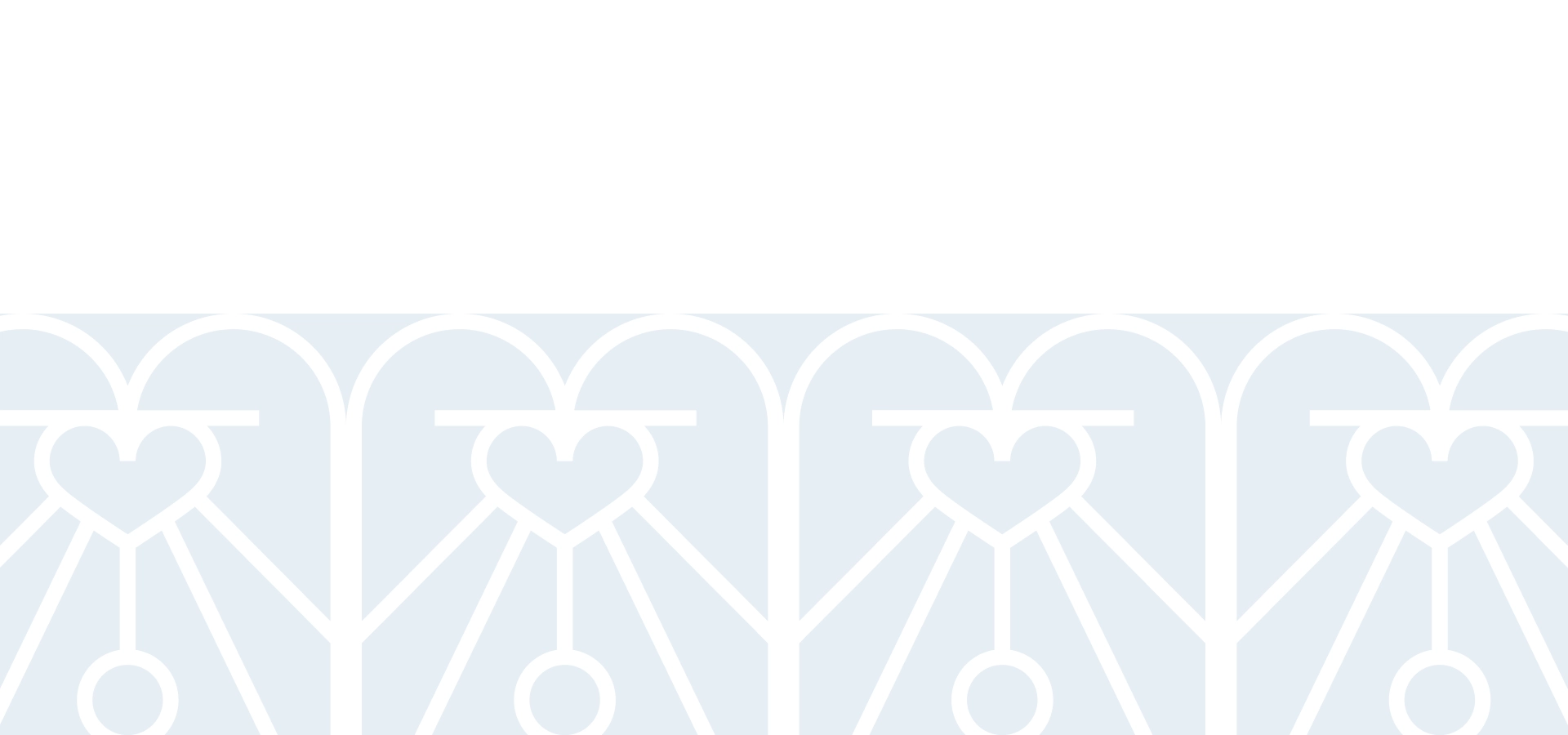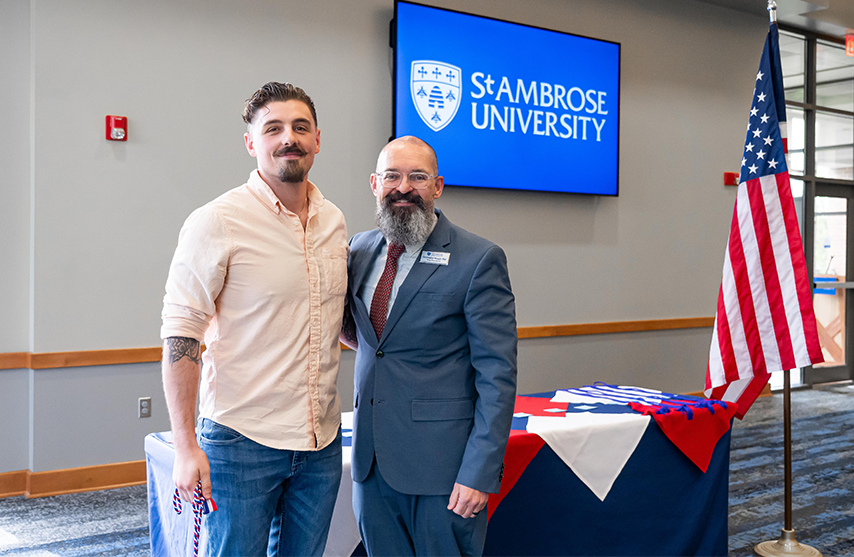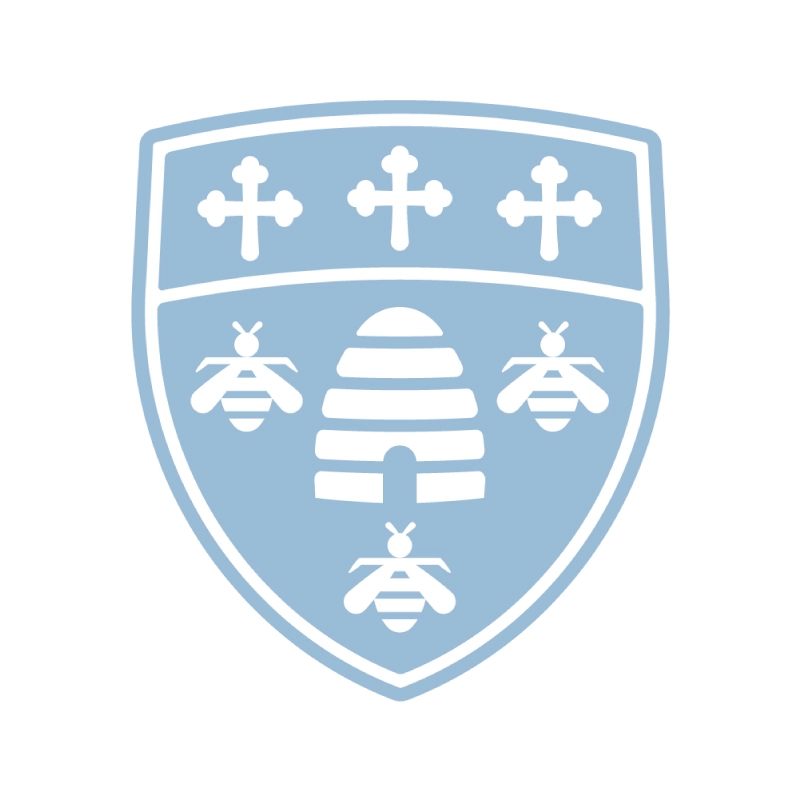Mike Thorson ’21, ’25 OTD has always been passionate about helping people. His journey to a career in service began at 19 when he joined the Army. Soon after, he was deployed for a combat tour in Afghanistan.
“All I wanted to do is find the bad guys,” Thorson said. “I was good at it, and so that's all I wanted to do.”
But six years into his army career, Thorson decided he needed to find a different path. Battling injury and yearning for a career where he felt his voice mattered, he realized he needed to end his time in the military. A career in law enforcement felt like the natural next step.
“I was going to become a Secret Service agent,” Thorson said. “But I didn’t get selected.” That left him wondering – what's next?
His next was St. Ambrose University.
Supportive education leads to self-discovery
Though he could have gone to college anywhere, St. Ambrose seemed like a place where Thorson could ask deep questions and gain a level of personalization to discover what he was truly called to do.
“I knew I could have just shown up, passed, and moved on to the next stage of life, but that’s not what I wanted,” Thorson said. “The taxpayers paid for my education. I think about that because I want to give back to my community, so I wanted an education that was more direct and had smaller class sizes.”
Thorson knew he wanted to help people, but he wasn’t sure how. He came to St. Ambrose with an open mind and discovered a love for psychology and health sciences. With the help of supportive professors, he eventually found his calling – Occupational Therapy.
“People gave me their time,” Thorson reflected on his undergraduate experience. “That’s what I cherish most. They listened to my stories and allowed me to really grow into myself and to be curious.”
Falling in love with Occupational Therapy
After earning his Bachelor of Science degree in Exercise Science, Thorson began the Doctor of Occupational Therapy program at St. Ambrose. He explored several health care occupations as an undergraduate but fell in love with the holistic approach OTs take to patient care, and the breadth of opportunities available within the field.
“OTs are the Swiss-Army knives of rehab medicine,” Thorson said. “We understand body mechanics – muscles and joints – but we can also work on the mind, and I think that’s really special.”
Thorson has embraced every opportunity through the OT program, from volunteering at Gigi’s Playhouse to presenting at the American Occupational Therapy Association Conference. He’s gained valuable skills and channeled his passion for veterans into tangible work that is making a difference before he’s even earned his diploma.
Occupational Therapy for Veterans
In addition to 24 weeks of field work, OTD students at St. Ambrose must complete a 14-week capstone experience. The capstone project allows students to explore an area of OT that aligns with their passions and helps them discover the path they want to pursue after graduation.
For his capstone, Thorson explored occupational identity in the Special Operations Forces community. Working with the Military Special Operations Family Collaborative, a national nonprofit public health initiative for the SOF community, Thorson developed an educational program to promote awareness of occupational identity, lifestyle modification, and help-seeking behaviors for veterans who are transitioning from military to civilian life.
“I don't want my soldiers to get divorced; I don't want them to turn to alcohol and abuse; I don't want them to commit suicide; I don't want them to do those things. Not too many people are really addressing those things, and the people who are, they're so sporadic. I think we need to bring them together, and I think OT is a perfect way to do that."
One goal of the OTD program’s capstone project is for students to help shape the OT profession. After Thorson presented his work with the Military Special Operations Family Collaborative at the American Occupational Therapy Association Conference this April, he was asked to contribute to a textbook used by students in the very program he’s graduating from.
“I'm very blessed to be in that position,” he said about the opportunity to write a section of an OT textbook. “I'm just a student. That's what's really cool about it. I do feel like I'm an expert in some areas, but that's more because of my personal experiences.”
Thorson will write about community health and veterans. He’ll work on the project this summer, while he prepares to take his national board exam. By fall 2026, St. Ambrose OTD students will learn from a textbook he contributed to.
A Mental Health Occupational Therapist
Thorson graduates from St. Ambrose with ample opportunities ahead of him and a clear career trajectory.
“Mental health is a big thing for me,” he said. “I want to continue to work on that and become an expert in transitions.”
Long-term, he wants to open his own practice where he can help people like veterans or new parents as their lives change and their identities shift, as they make a life transition. But for now, he’s exploring his options and is grateful to have choices as he transitions from student to professional.
“Short-term, right now, graduate and get my license,” Thorson said of what’s next. “I really want to get experience before I open my own practice, so I’m looking for part-time OT jobs in mental health. I’m fielding a few offers.”
As long as he’s helping people, Thorson knows he’s where he’s meant to be.
“It’s cool to be able to write books and for people to see your passion, but I just really want to give back to my community, whatever that may be.”
Learn more about SAU’s OTD program by visiting sau.edu.



